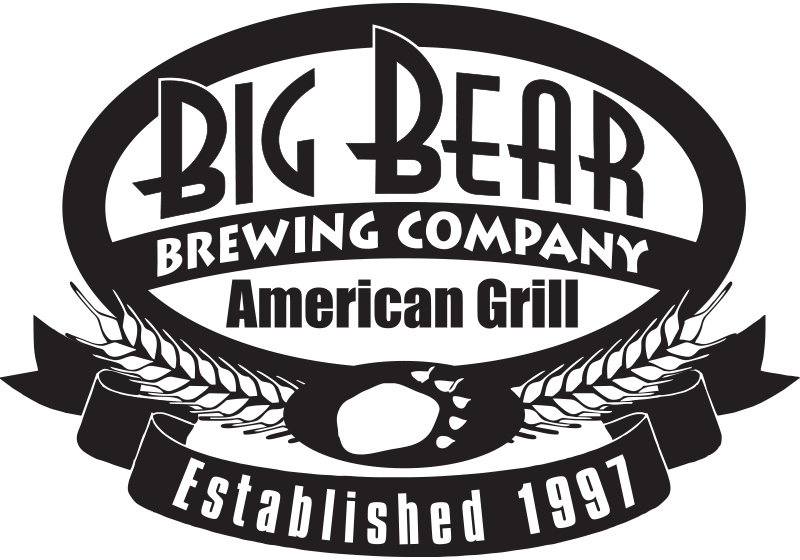The Goodness of Beer
There has been huge interest in the potential benefits of moderate consumption of alcohol since the 1991 airing of the television program Sixy Minutes: The French Paradox, in which the first strong touting was made for taking a glass or two of red wine daily to counter the risk of atherosclerosis (blockingof the arteries by cholesterol). Since then, the wine lobby has never fought shy of using this platform to advocate for their product, claiming that the active ingredient is a molecule called resveratrol that originates from the grape.
A vast amount of data now exists to show that the key component that counters atherosclerosis is alcohol itself-and it can come from whichever is your favorite tipple. You would need to drink dozens of bottles a wine every day to get enough resveratrol to have any impact.
Moderation Is Key
One or two glasses of regular strength beer daily should be the goal. The frequency is as relevant as the quantity; and no storing up your week’s allocation for the weekend: that is binging.
Beer Is Healthier Than Wine
Beer contains more nutrients than does wine. Beer contains some soluable fiber, some B vitamins, and a range of antioxidants. It is also the richest source of silicon; silicon in the diet may help in countering osteoporosis. Wine contains more antioxidants than beer, but do they actually get into the body and reach the parts wehre they are needed? There are doubts about that; but, it has been shown that the antioxidant ferulic acid is taken up from beer into the body (more effieciently than from the tomato).
Some normal componenets of beer may induce symptoms in sensitive individuals. the most notable example being proteins claimed to be deleterious for sufferers of celiac disease. Medical advice is for such patients to avoid foodstuffs derived from wheat and barley- hence the interest in beers that are based on sorghum. However, it is by no means proven that traditional beers contain sensitive proteins: these substances are changed enormously in processing and may no longer be a problem in any beer. Most with celiac disease err on the side of caution.
Learn more about gluten-free options in Gluten-Free Doesn’t Mean Craft Beer-Free by John Holl.
What We Do Know About Beer and Health
- Alcoholic beverages may beneficially impact the body, directly by affecting bodily functions, or indirectly by boosting morale and percieved well-being.
- We have already peeked at atherosclerosis, alcohol favorably impacting the balance of “good” versus “bad” cholesterol, and also reducing the risk of blood clotting.
- Drinking has been linked to increased blood pressure; however, it has been reported that the blood pressure of non-drinkers is higher than in those consuming 10-20g alcohol per day. Hypertension is a significant risk factor for stroke, but it has been observed that there is a reduced risk of stroke for light to moderate drinkers. It is only when drinking is heavy (>6 drinks per day) or at a binge level that the risk of stroke is significant.
- The bacterium that induces stomach and duodenal ulcers, helicobacter pylori, is inhibited by alcohol so there are reports of reduced chance of ulcers through moderate drinking.
- The risk of pancreatitis is increased in heavy drinkers.
- Those consuming alcohol in moderation- and especially daily-develop fewer gailstones.
- Moderate drinking reduces the risk of developing diabetes.
- Alcohol hangovers are likely caused by a buildup of a breakdown product of alcohol.
- Migraines may also be induced by biogenic amines found in relatively small qualities in beer, but, in more significant quantities in certain wine and cheeses.
- Moderate drinking is associated with a reduction risk of dementia and improved cognitive function in the elderly.
- Beer is more diuretic than water. Beer is superior to water in “flushing out” the kidneys, thereby lessening the risk of kidney stones. Some beers should be avoided by sufferers of gout because they can contain quantities of purines.
- The literature is contradictory on the link between alcohol consumption and cancer. For every study that draws a correlation between alcohol consumption and a particular form of cancer, there is another that finds either no link or even a protective impact of moderate drinking.
- Finally, the beer belly is a complete myth. The main source of calories in any alcoholic beverage is the alcohol. Take in too many calories and you know the consequences- whether is it from wine or beer! And if you compare beer with a slice of lemon meringue pie, with perhaps twice as many calories, then it is a no-brainer! Learn more: BBC News: Why the Beer Belly May Be A Myth.

